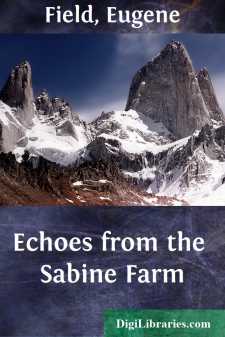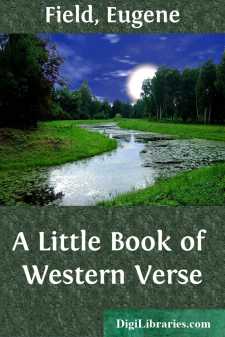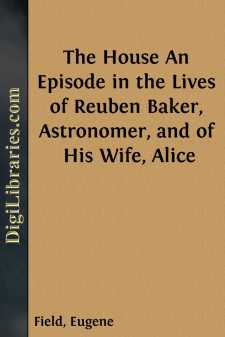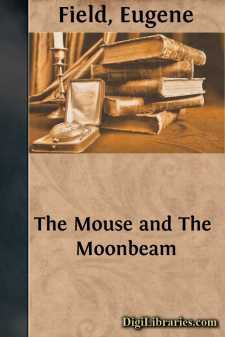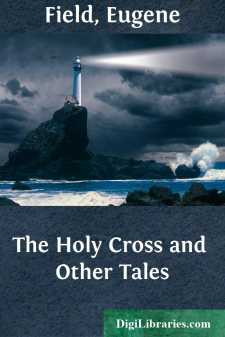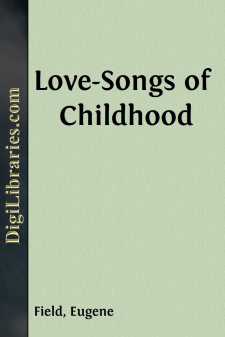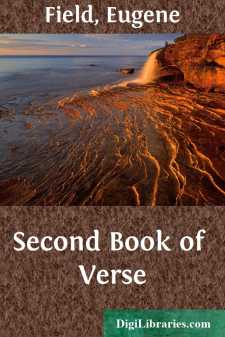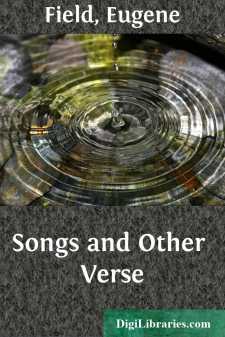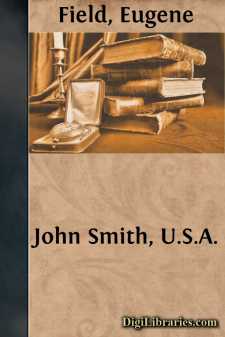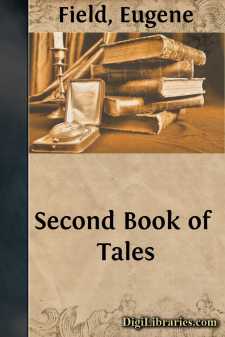Categories
- Antiques & Collectibles 13
- Architecture 36
- Art 48
- Bibles 22
- Biography & Autobiography 813
- Body, Mind & Spirit 142
- Business & Economics 28
- Children's Books 17
- Children's Fiction 14
- Computers 4
- Cooking 94
- Crafts & Hobbies 4
- Drama 346
- Education 46
- Family & Relationships 57
- Fiction 11829
- Games 19
- Gardening 17
- Health & Fitness 34
- History 1377
- House & Home 1
- Humor 147
- Juvenile Fiction 1873
- Juvenile Nonfiction 202
- Language Arts & Disciplines 88
- Law 16
- Literary Collections 686
- Literary Criticism 179
- Mathematics 13
- Medical 41
- Music 40
- Nature 179
- Non-Classifiable 1768
- Performing Arts 7
- Periodicals 1453
- Philosophy 64
- Photography 2
- Poetry 896
- Political Science 203
- Psychology 42
- Reference 154
- Religion 513
- Science 126
- Self-Help 84
- Social Science 81
- Sports & Recreation 34
- Study Aids 3
- Technology & Engineering 59
- Transportation 23
- Travel 463
- True Crime 29
Echoes from the Sabine Farm
by: Eugene Field
Categories:
Description:
Excerpt
INTRODUCTION
One Sunday evening in the winter of 1890 Eugene Field and the writer were walking in Lake View, Chicago, on their way to visit the library of a common friend, when the subject of publishing a book for Field came up for discussion.
The Little Book of Western Verse and The Little Book of Profitable Tales had been privately printed the year before at Chicago, and Field had been frequently reminded that the writer was ready and willing to stand sponsor for any new volume he, Field, might desire to bring out.
"The only thing I have on hand that might make a book," said Field, "are some few paraphrases of the Odes of Horace which my brother, 'Rose,' and I have been fooling over, and which, truth to tell, are certainly freely rendered. There are not enough of them, but we'll do some more, and I'll add a brief Life of Horace as a preface or introduction."
It is to be regretted that Field never carried out his intention with respect to this last, for he had given much thought and study to the great Roman satirist, and what Eugene Field could have said upon the subject must have been of interest. It is my belief that as he thought upon the matter it grew too great for him to handle within the space he had at first determined, and that tucked away within the recesses of his literary intentions was the determination, nullified by his early death, to write, con amore, a life of Quintus Horatius Flaccus.
This determination to write separately an extended account of Horace greatly reduced the bulk of the material intended for the Sabine Echoes, and it was with respect to this that Field apologetically and, as was his wont, humorously wrote:
"The volume may be rather thin in corpore, but think how hefty it will be intellectually."
When it came to the discussion of how many copies should be printed it was suggested that the edition be an exceedingly limited one, in order to cause as much scrambling and heartburning as possible among our bibliophilic brethren. And never shall I forget the seriousness of the man's face, nor the roars of laughter that followed, when he suggested that fifty copies only should be made, and that we should reserve one each and burn the other forty-eight!
It was a biting cold night and we had been loitering by the way, stopping to debate each point as it arose—but now we plunged on with excess of motion to keep ourselves warm, breaking out with occasional peals of laughter as we thought of our plan to make the publication what the booksellers call "excessively rare."
Field, elsewhere, has said he did not know why the original intention as to the destruction of the forty-eight copies was not carried out, but the answer is not far away. As the time for publication approached it was found impossible that such and such a friend should be forgotten in the matter of a copy, and so it went on until it was deemed prudent to add fifty to the number originally intended to be issued, and that decision, in the light of what followed, proved to be an eminently wise one....


